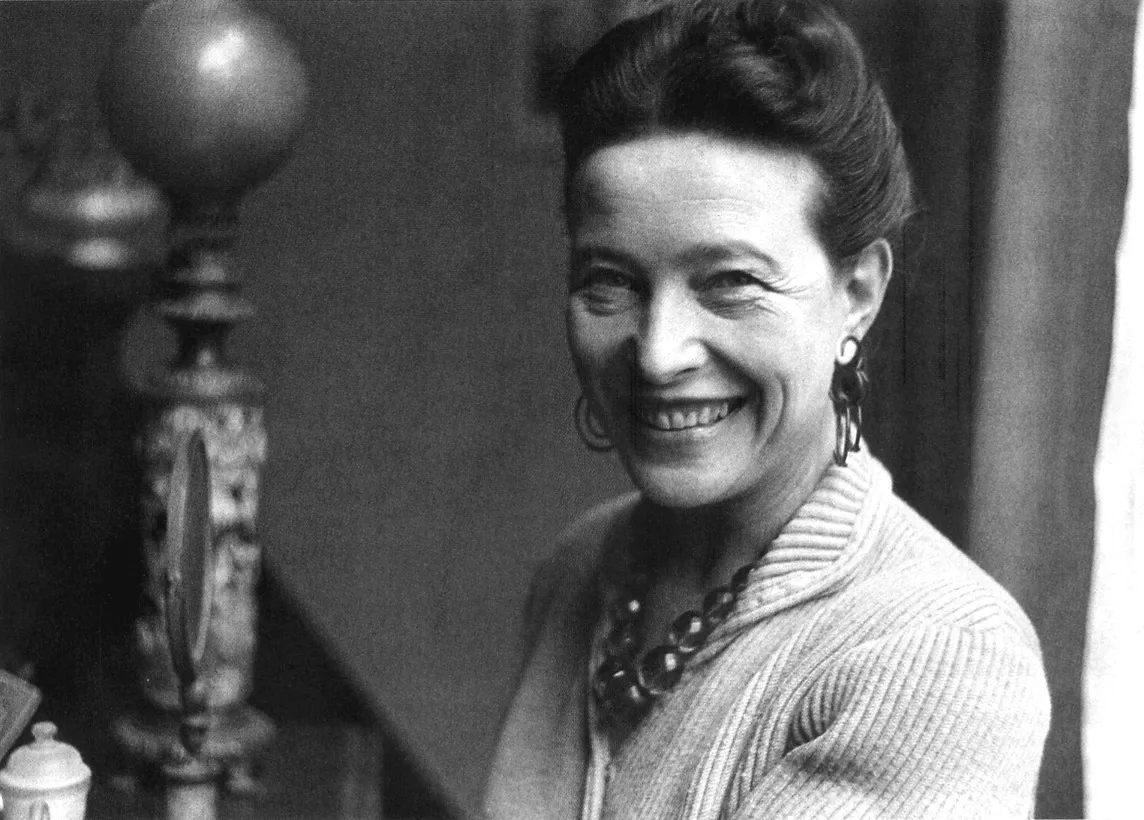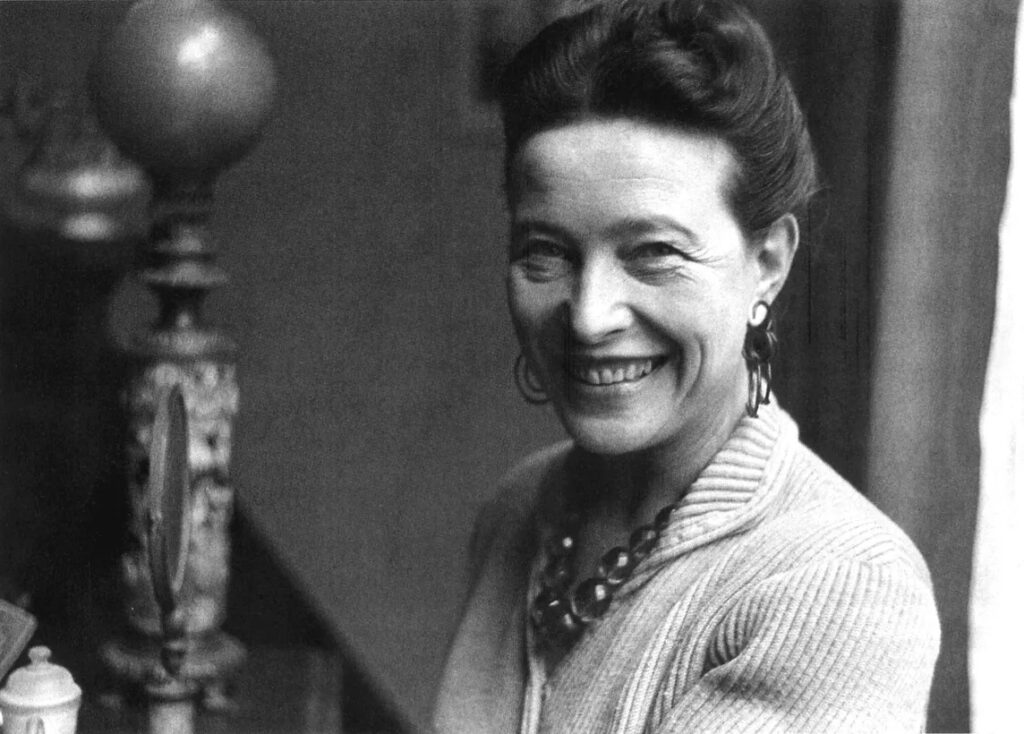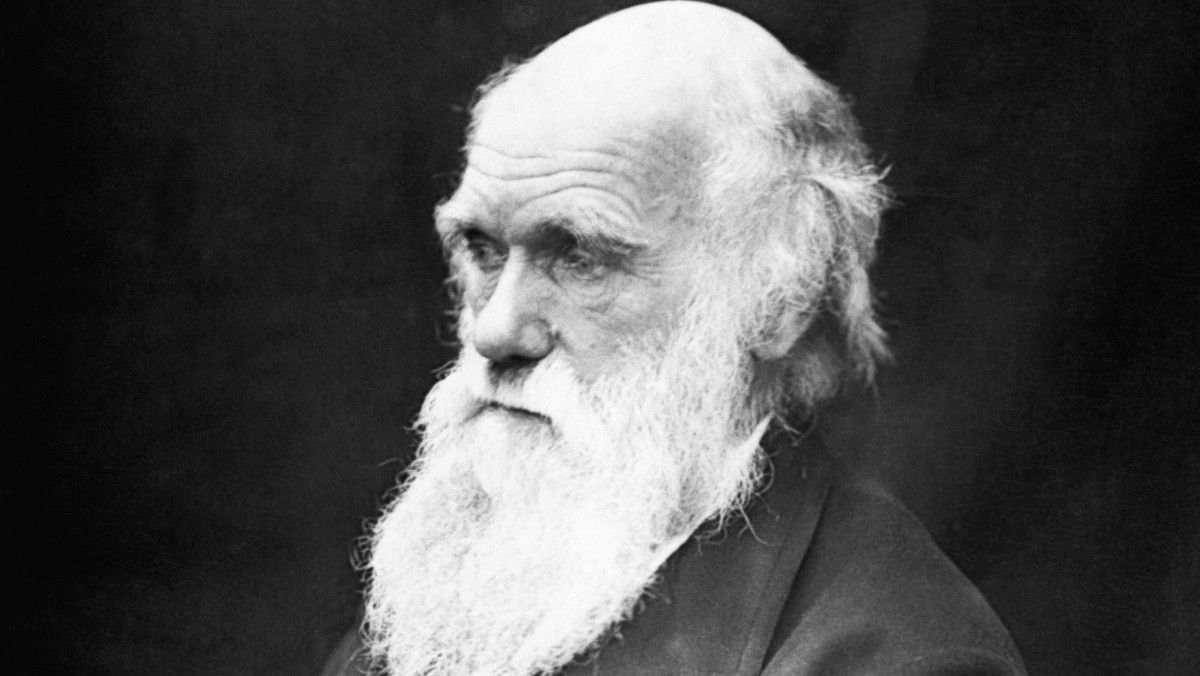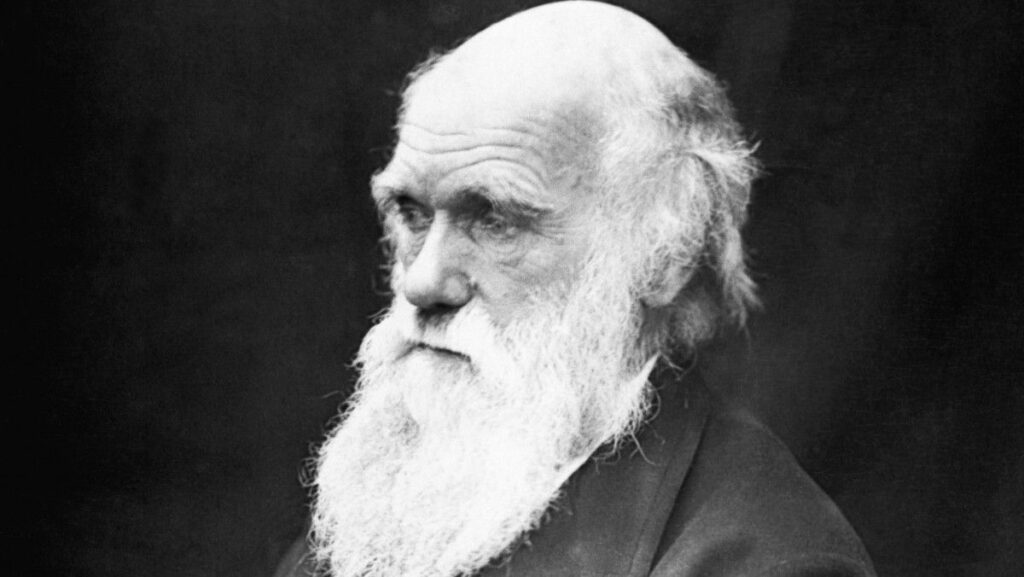Tag: Generosity
Wisdom for Teams #31


Scene from the movie “The Little Prince” (Netflix)
-A scene from the animated movie “The Little Prince(Netflix)-
[The fox said] “It is the time you have wasted for your rose that makes your rose so important.”
“It is the time I have wasted for my rose,” said the little prince, so that he would be sure to remember.
—
In “The Little Prince” by ANTOINE DE SAINT-EXUPÉRY (1900 – 1944), French writer, poet, aristocrat, journalist and pioneering aviator.
What Is Your Problem?


—
For the audio version of this post click below.
—
On July 6th I gave my first fact-to-face speech since the lockdown. I spoke at the BED Event in Barcelona for professionals of the events industry, both event organizers and providers. My question for them was: What is your problem?
One way of making sense of life, is to view the situations we face as a series of problems. For example, getting a degree, finding a job, and raising kids can be seen as “problems” we face in life.
Problems fall into one of two categories:
- Problems-we-have. Examples could be: I want a promotion; I want more clients; I need someone in my life. What do these problems all have in common? In all of them we occupy the center stage and the spotlight is shining on us.
- Problems-we-solve. Examples could be: I want to participate more in the company’s success; I want to serve more clients; I’d love to share my life with someone special. These problems have in common the fact that other people occupy the center stage and the spotlight is shining on them.
—
Generosity is the highest form of fulfilment.
—
Notice how both types of problems deal with the same situations and the same people. The difference is who the problem is about: us or others. Now look back on the lives of your role models. Was it a series of problems-they-had or problems-they-solved?
From what I’ve seen in my 45 years, it is much easier to deal with the challenges we face, both professionally and in our personal life, when we transform problems-we-have into problems-we-solve by moving our butts away from the center stage and shinning the spotlight on others.
—
So what problems are you solving at this point in your life?
Given the recent changes in the world, what new problems could you solve?
—
Wisdom for Teams #24


—
“That’s what I consider true generosity. You give your all, and yet you always feel as if it costs you nothing.”
—
SIMONE DE BEAUVOIR (1908 – 1986), French writer, existentialist philosopher, political activist, feminist, and social theorist.
Wisdom for Teams #20


—
“It is the long history of humankind (and animal kind, too) that those who learned to collaborate and improvise most effectively have prevailed.”
—
CHARLES DARWIN (1809 – 1882), English naturalist, geologist and biologist, best known for his contributions to the science of evolution.
A Big Heart, Do You Have One?


—
Every Wednesday evening two friends, Alex and Florian, and I meet for our stammtisch, a German tradition where friends regularly get together to hang out and drink. We do it via Zoom and we’ve been at it for months. We sometimes have a guest, and we always end up having interesting conversations. Last week’s topic was — you guessed it — big-heartedness.
In good philosophical tradition, we started by defining what we consider to be a big heart:
—
Big hearts have an irresistible passion to serve others regardless of their status, without expecting any reward.
—
Then we asked ourselves whether people are born with a big heart. Though genes may play a role, we had no doubt that life is the great creator of big hearts.
—
We are not born with a big heart. We grow into it.
—
The next step was then to explore factors that make us grow into big hearts and to identify what is it about these factors that help the heart grow. This is what we uncovered:
- Role models with big hearts
- Environments of friendship
- Experiences of service
- Downfalls in life that we breakthrough
—
The final question we addressed was whether there is a point in life after which we can no longer grow the heart. We searched our “big heart database” and concluded that, provided the above factors, it is never too late.
—
There is no deadline to grow our heart.
—
So where are you on your big heart journey?
Can you identify your big heart role models and environments?
What experiences and breakthroughs have helped you grow into a bigger heart?
Join the LinkedIn conversation here.

